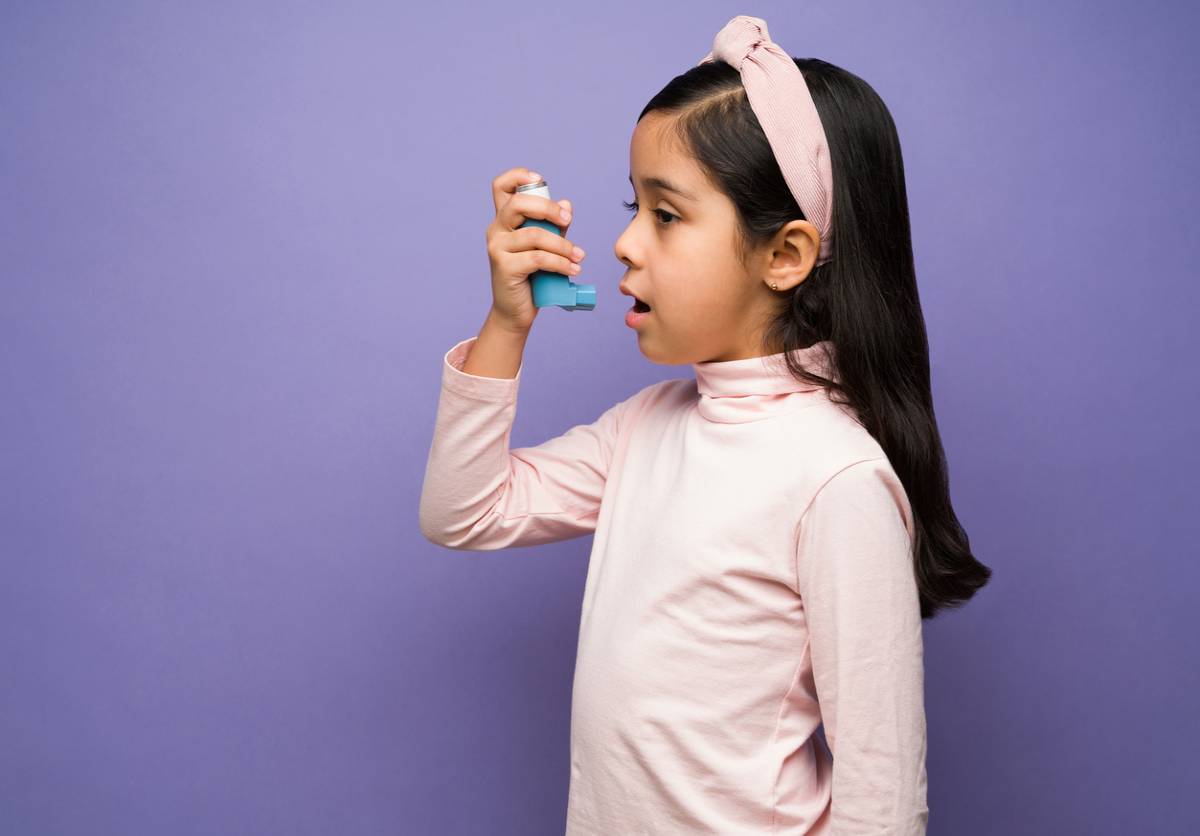Minor teasing among children may not be a serious cause for concern. However, bullying can have a profound and lasting impact on children. Research has shown that early childhood bullying can lead to feelings of anxiety, depression, and even cause social isolation. This can make it difficult for children to develop healthy relationships with their peers, excel in school, and maintain a healthy life balance. You may wonder, are children with asthma bullied? Below you will find helpful information about the link between asthma and bullying, and what you can do to help your child.
Are Children With Asthma Bullied?
Research has shown a consistent link between childhood bullying and asthma. A key factor in the relationship is how well-managed the children’s asthma was. In fact, children with well-controlled asthma were less likely to be bullied in school. Additionally, children who reported being bullied because of their asthma were more likely to have issues controlling their asthma, in addition to restrictions on their daily activities at school. While the data is not completely clear, it provides helpful information for parents who have children with asthma. The key finding demonstrates the importance of having asthma under control. This begins with a customized treatment plan based on your child’s unique needs.
Asthma Treatment Plan
The first step in creating an effective asthma treatment plan is setting up an appointment with a pediatric pulmonology expert. They can diagnose your child’s asthma and help provide you with support on how to navigate the condition. Consider the following tips if your child has been diagnosed with asthma.
Action Plan:
Create an asthma action plan with your child’s doctor. This includes steps to take once your child begins experiencing symptoms. Additionally, it can include what medications to take, emergency instructions, and your personal information. You should provide this to anyone who will be caring for your child without you around.
Avoid Triggers:
As you navigate your child’s asthma diagnosis, begin noting down their triggers. Still, create a journal with the time, place, and symptoms your child experiences so you can avoid those triggers in the future. Common triggers include allergens, cold air, and pollution. Work with your child and their doctor on how to effectively identify and avoid their triggers.
Medication:
Your child’s medical provider may incorporate meditation into your child’s treatment plan. This may include short- and long-term medications that can help control your child’s asthma. Still, be sure to keep your child’s asthma medication available at any time as you should always be prepared in the event of an asthma attack.
Physical Activity:
Regular physical activity can be highly beneficial for children with asthma. However, this should be discussed and done under the supervision of an asthma specialist. Talk with your child’s asthma doctor about the type and amount of physical activity that your child should be engaging in.
Seek Treatment:
If you notice your child’s asthma changing, including symptoms becoming more frequent or worse, contact their doctor right away. Treatment plans may need to be modified as children develop so it’s important to constantly monitor your child’s condition. Still, an asthma clinic for children is the best option as they are skilled in conditions that affect children, especially during their developmental years.
Bullying Among Children With Asthma
Helping your child create an effective treatment plan for their asthma can effectively control the condition. This is important as children with controlled asthma were not as likely to have issues as children with uncontrolled asthma. Still, if your child is being bullied, talk with their teacher and a school administrator. This can help you find ways to support them so they can focus on learning at school.

